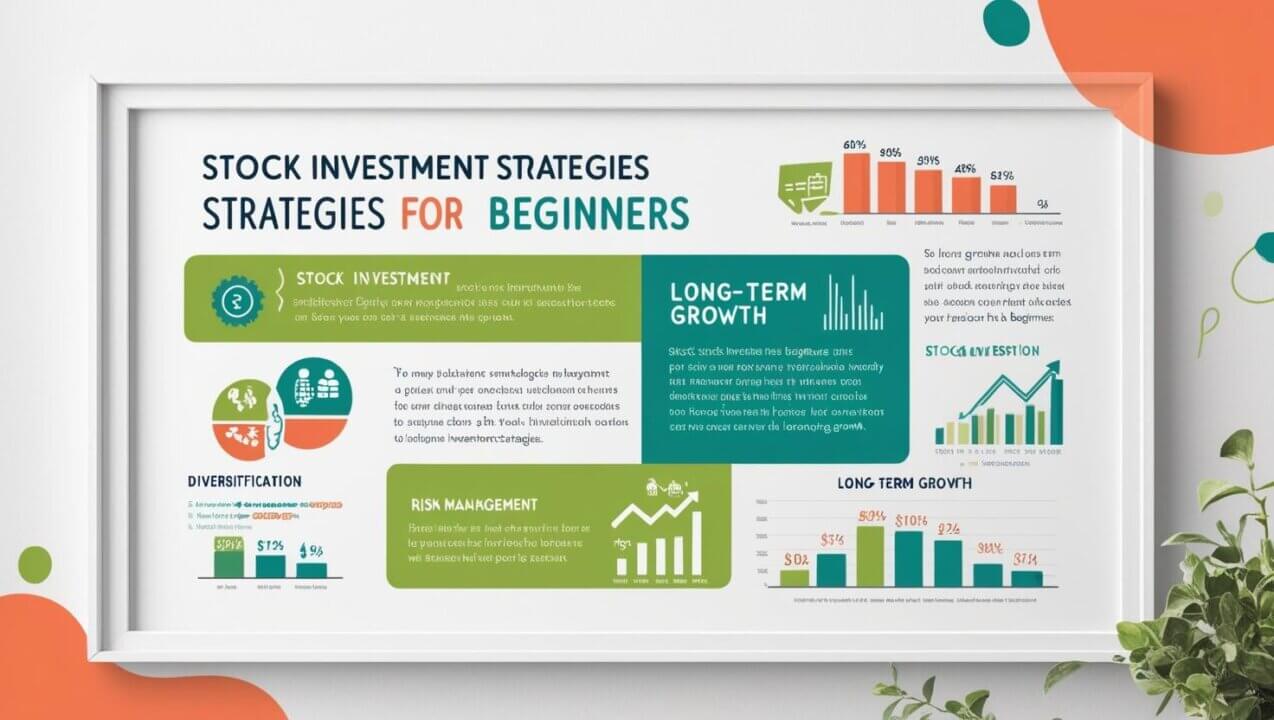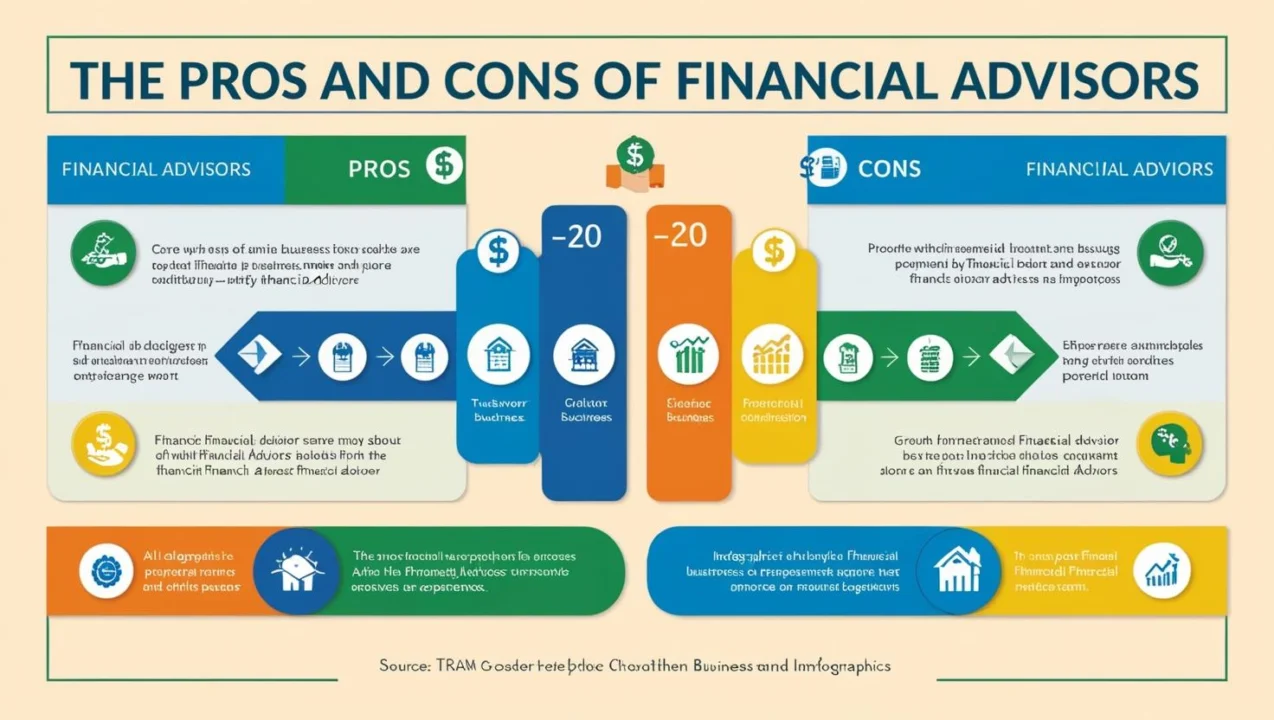Stock Investment Strategies for a Beginners Guide
Stock Investment Strategies for a Beginners Guide
Start your stock investment journey with confidence! Discover beginner-friendly strategies to grow your wealth and avoid common pitfalls.
Start your investing journey with this comprehensive beginner’s guide to stock investment. Clear steps to help you build wealth for the future.
Investing in the stock market can feel overwhelming for beginners, but it doesn’t have to be. With a little patience, knowledge, and strategy, you can start building your financial future one stock at a time. This guide will walk you through everything you need to know about stock investment strategies designed for beginners.
Understanding the Basics of Stock Investing
What Are Stocks?
Stocks represent ownership in a company. When you buy a stock, you’re essentially buying a small piece of that company. It’s like owning a slice of a big pie—your share grows in value as the company performs well.
How the Stock Market Works
The stock market is where buyers and sellers trade stocks. Prices go up and down based on supply, demand, and the company’s performance. Think of it as an auction, where the price you pay depends on how much others are willing to offer.
Why Should Beginners Invest in Stocks?

Benefits of Stock Investing
Investing in stocks can help grow your wealth over time. Historically, the stock market has outperformed other investment options like bonds and savings accounts. Plus, it allows you to earn passive income through dividends.
Common Myths Debunked
Many people think investing is only for the rich or that it’s too risky. But starting small with a solid strategy can help you safely grow your money over time.
Setting Up Your Investment Goals
Short-Term vs Long-Term Goals
Are you saving for a vacation next year or planning for retirement in 30 years? Your goals will determine your strategy. Long-term goals typically allow for higher-risk investments with greater returns.
Risk Tolerance Assessment
Everyone has a different risk tolerance. Understanding yours will help you choose the right stocks without losing sleep over market fluctuations.
Creating a Beginner-Friendly Portfolio
Diversification: The Key to Success
“Don’t put all your eggs in one basket.” Diversifying your portfolio across different industries reduces risk. If one sector underperforms, others can balance it out.
How to Choose the Right Stocks
Look for companies with strong fundamentals, consistent earnings growth, and a solid reputation. Blue-chip stocks, like Apple or Microsoft, are often good starting points.
Understanding Stock Market Risks
Types of Investment Risks
Stock investing isn’t without risks. Market risk, liquidity risk, and company-specific risk are just a few to consider. Knowing these will prepare you for market volatility.
Strategies to Manage Risks
Diversification and dollar-cost averaging are excellent risk management tools. Always invest money you can afford to lose to avoid financial stress.
Different Stock Investment Strategies
Buy-and-Hold Strategy
This strategy involves holding onto stocks for an extended period, regardless of market fluctuations. It’s ideal for long-term investors who believe in the company’s potential.
Dollar-Cost Averaging
Investing a fixed amount regularly helps smooth out market highs and lows. It’s like buying more stocks when prices are low and fewer when prices are high.
Importance of Research and Analysis
How to Read Financial Statements
Understanding balance sheets, income statements, and cash flow reports can help you evaluate a company’s financial health.
Evaluating a Company’s Performance
Look at metrics like revenue growth, profit margins, and debt levels. This will give you a clear picture of the company’s potential.
Learning the Role of Patience in Investing
Why Patience Pays Off
The stock market rewards those who wait. Investing isn’t about making quick money; it’s about steady growth over time.
Avoiding Impulse Decisions
Emotional decisions often lead to losses. Stick to your plan, even during market downturns.
Tools and Resources for Beginners
Investment Apps to Try
Apps like Robinhood, Webull, and Fidelity make investing simple and accessible for beginners. Choose one with low fees and user-friendly features.
Online Communities and Courses
Joining forums like Reddit’s r/investing or taking online courses can expand your knowledge and confidence.
Mistakes Beginners Should Avoid

Overtrading
Constantly buying and selling stocks can eat into your profits due to fees and taxes. It’s better to hold and let your investments grow.
Chasing Trends Without Research
Jumping on hot trends without understanding the company’s fundamentals is a recipe for disaster. Do your homework before investing.
Stock Market Terminology to Know
Common Terms Explained
Terms like “bull market,” “bear market,” and “dividends” might sound confusing, but they’re easy to learn and crucial for informed investing.
Jargon That Often Confuses Beginners
Understanding acronyms like P/E ratio (Price-to-Earnings) or EPS (Earnings Per Share) can help you analyze stocks better.
When to Seek Professional Help
Financial Advisors: Are They Worth It?

If managing your investments feels overwhelming, consider hiring a financial advisor. They can guide you and help you avoid costly mistakes.
Signs You Need Expert Guidance
If your portfolio isn’t growing or you’re unsure about your strategy, professional help might be a smart move.
Monitoring Your Investments
Tools for Tracking Performance
Platforms like Yahoo Finance and Google Finance help you monitor stock prices, news, and performance.
Knowing When to Make Changes
Adjust your portfolio based on market trends and personal goals, but avoid frequent changes that can harm long-term growth.
Tax Implications of Stock Investing
Understanding Capital Gains Tax
When you sell a stock for profit, you may owe taxes. Knowing the rules helps you plan better.
Tax-Efficient Investment Strategies
Consider holding stocks for over a year to benefit from lower long-term capital gains tax rates.
The Future of Your Investment Journey
Setting Realistic Expectations
Stock investing is a marathon, not a sprint. Start small, stay consistent, and enjoy the journey.
Planning for Continuous Growth
Regularly review your goals and adapt your strategy as needed. The key is to keep learning and growing.
Conclusion
Stock investing might seem daunting, but it’s one of the most effective ways to build wealth over time. By understanding the basics, setting clear goals, and staying disciplined, you can navigate the market with confidence. Remember, every expert investor was once a beginner—start your journey today!
FAQs
1. What’s the minimum amount to start investing in stocks?
You can start with as little as $1, thanks to fractional shares offered by many brokerages.
2. How long should I hold a stock?
It depends on your goals, but long-term holding (5+ years) usually yields the best results.
3. What’s the best strategy for beginners?
Dollar-cost averaging and diversification are excellent strategies for minimizing risk.
4. Can I lose all my money in stocks?
While it’s possible, diversifying and investing wisely greatly reduce the chances of significant losses.
5. Should I reinvest dividends?
Yes, reinvesting dividends can significantly boost your portfolio’s growth over time.



Comments are closed.